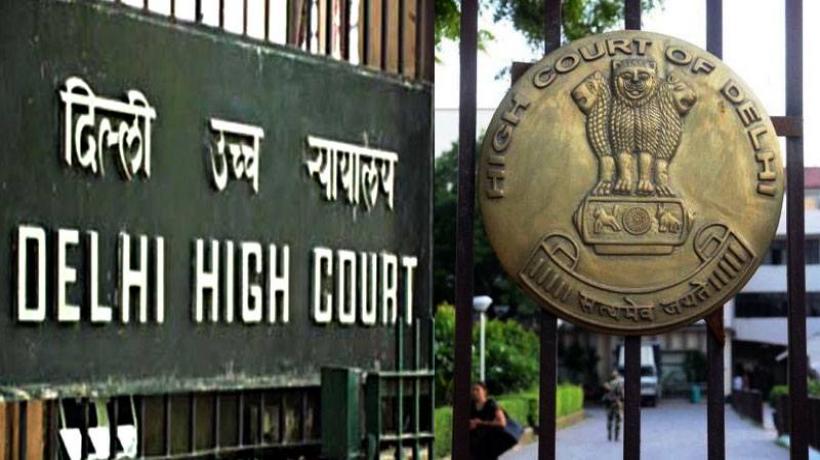A 27-year-old doctor, Dr. RG, visited the ENT Outpatient Department with an alarming problem—he had suddenly lost vision in his right eye. This issue had been troubling him for three days. Alongside this, he mentioned experiencing nasal blockage on and off for the past three months. These symptoms prompted immediate medical investigation.
A Rare and Serious Diagnosis
A CT scan of Dr. RG’s sinuses revealed a concerning diagnosis: nasal polyposis and fungal sinusitis. These conditions are serious because they can lead to the compression of the optic nerve inside the sphenoid sinus, which is responsible for vision. This compression is rare but, if not treated promptly, could result in permanent blindness in the affected eye.
Emergency Treatment and Surgery
To address the problem, Dr. RG was immediately given intravenous antibiotics and steroids. These medications helped reduce the pressure on the optic nerve, showing early signs of improvement. However, to prevent further damage and fully resolve the issue, he needed emergency sinus surgery. The surgical procedure performed was an Endoscopic Optic Nerve Decompression.
During the surgery, the medical team discovered that the fungus had spread throughout all the sinuses and even reached the space between the optic nerve and the brain’s protective layer in the sphenoid sinus. The surgeons carefully removed all the fungal tissue and successfully decompressed the optic nerve, freeing it from the swollen tissue surrounding it.
The Delicate Nature of the Surgery
Dr. Varun Rai, the ENT consultant, Sir Gangaram Hospital, who led the surgery, explained, “These types of surgeries are extremely specialised due to the fact that the optic nerve is very delicate and a slightest misstep can lead to permanent blindness.” Special instruments were used around the nerve to ensure that no additional pressure was applied while achieving complete clearance of the fungal tissue. The surgery was meticulous, and the optic nerve was decompressed by 270 degrees, leaving the blood supply to the nerve intact.
Successful Recovery
Thanks to the prompt and precise surgical intervention, Dr. RG’s vision improved almost immediately after the surgery. Within two days, his vision had fully returned to normal. He was discharged from the hospital in a stable condition, with his sight completely restored.
Insights from Experts
Reflecting on the case, Dr. Varun Rai emphasized, “This case serves to highlight the rarity of the condition and the fact that untreated sinusitis can lead to consequences which can have devastating complications.” He further noted that the unique anatomy of Dr. RG’s sphenoid sinus allowed the fungus to spread between the optic nerve and the brain’s dura layer, causing compression and eventual blindness. Dr. Rai stressed that in such situations, immediate treatment is critical, as surgeons typically have only a few hours to save the eye if blindness occurs.
Dr. Manish Munjal, Senior ENT Consultant at Sir Gangaram Hospital, pointed out that such cases are now rare due to better awareness and improved diagnostic facilities. However, he also mentioned that rising pollution levels have led to an increase in nasal allergies, which can contribute to such conditions.
Sir Ganga Ram Hospital (SGRH) has been pioneering advanced ENT surgeries. The hospital recently acquired the Image Guided Navigation system, allowing surgeons to use real-time surgical mapping based on preoperative CT scans. This technology ensures complete disease clearance with minimal complications. SGRH was the first private hospital in Delhi to start this program and continues to lead in training and education across the country.











